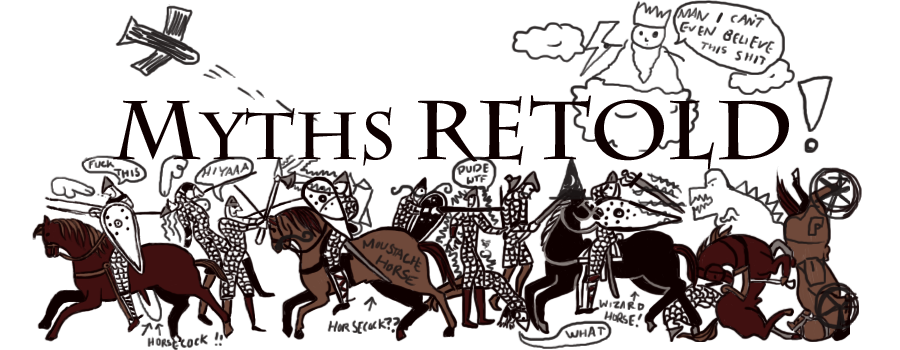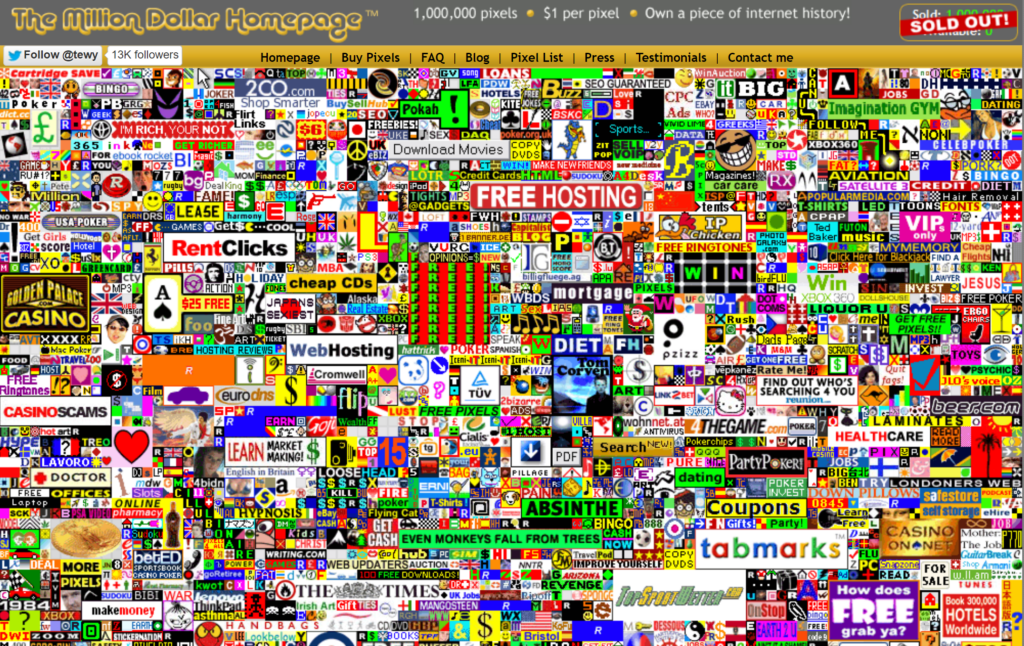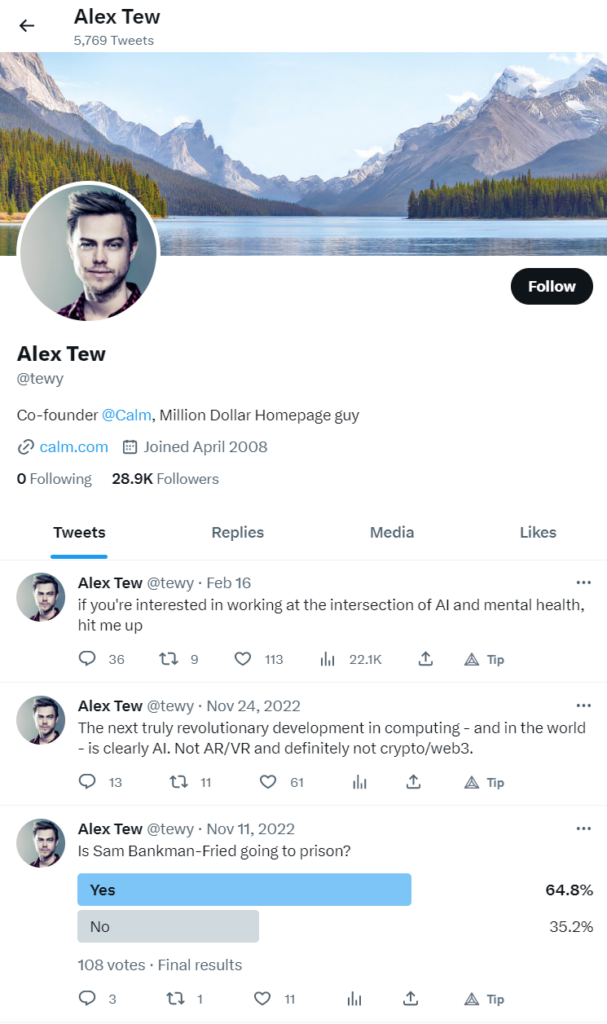One of my favorite jokes goes like this:
A guy gets sentenced to life in prison. His first night in lockup, after lights out, he hears someone way down the hall shout out “Twenty-seven!” And the whole cell block bursts out laughing. Once the laughter dies down, another voice calls out “Fifty-two!” and all the prisoners start laughing again. This continues for hours — just guys yelling out numbers, and laughing hysterically.
So the next morning the guy finds an old-timer out in the yard, and he asks him, “What was the deal with all those numbers last night?”
“Well,” says the old-timer, “we’ve all been in here so long, we’ve heard all the good jokes a hundred times each. So we assigned numbers to all of them, and now we just say the numbers. Everybody remembers the joke, and we all laugh.”
The guy figures he might as well learn all the jokes if he’s gonna be here for the rest of his life. He spends months studying, and learns them all by heart. He’s actually starting to enjoy listening at night. Finally, one night, he plucks up his courage, waits for a lull in the laughter, and calls out:
“Sixty-six!”
Dead silence. Eventually someone calls out another number, and everyone laughs. The guy retreats to the back of his cell and spends the rest of the night curled up on his cot, ashamed.
The next morning, he finds the old-timer in the yard again.
“What the hell happened last night?” he asks. “Sixty-six is a good joke. Why didn’t anybody laugh?”
“Ah, well,” the old man sighs. “Some people can tell ’em, and some people can’t.”
When it comes to posting, I often feel that I’m one of the people who can’t. I’ve alluded to this before, but when I was thirteen I had an account on SomethingAwful. I had an edgy username – Hypodermia – and I was eager to be a part of what felt like the gritty backstage of the internet. I was especially attracted to the FYAD subforum.
Short for “Fuck You And Die,” FYAD was an open-air prison for word criminals. The purpose was, in theory, to create a place where people could do all the heinous shit they wanted, so they wouldn’t do it in the regular-people forums. In practice it was a white-hot whirlwind of hate speech and unexpected buttholes. It was a place with no rules, and for me — a kid who was always worried about breaking rules — it seemed like a paradise.
So I lurked in FYAD, until I thought I understood the game. And finally, one night, I made my move. Thread title: something innocuous, like “milk.” Content: Thirty embedded images of meatspin.gif. It was poetry.
It was also a violation of one of FYAD’s only rules: no hotlinking to externally hosted media. The thread was immediately full of gleeful replies informing me of my error, summoning the mods, crowing about how I was about to be banned. In a sweaty panic I deleted the images, but the replies assured me this was not enough. They had screenshots. My posting career was over before it had begun.
I didn’t get banned, but I never posted on SomethingAwful again. I posted on other forums, but my threads never got any replies. Then Twitter came around, and I made an account, and posted jokes, but nothing I said garnered more than a few likes. Gradually, I came to the conclusion that I was one of the ones who can’t.
This ability to post, fluently and abundantly, is something I’ve heard referred to as “the soul of a true poster.” This mythical quality, the Crunchwrap Supreme of enlightened states, eludes me. Is it something one is simply born with, like a genetic disease? Or is it something that can be acquired, like a regular disease? I aim to find out.
Because I have a practical reason for being interested in this. Writing books is hard, but not half as hard as getting people to pay attention to them once they’re written. Modern publishers want authors who bring their own audiences, and my audience — as much as both of you fucking rule — is quite small. I want to find a way to be more known, and posting seems to be one of the main ways.
And yet, you see, that’s the same mistake I’ve been making for my whole posting career. My first and only post on FYAD wasn’t a reply to someone else’s thread. It was a bolt from the blue, a big flashing “LOOK AT ME” covered in spinning penises. My cardinal mistake — besides the hotlinking thing — was to treat these platforms not as community spaces, but as stages upon which to perform for a faceless audience.
What I find myself truly in need of, more than an audience, is a community. A community of artists with whom I can share work and inspiration. It’s not enough to go on Bluesky and scream jokes into the void. I need to, like, make friends.
That still requires posting, though. And my early experiences have made me low-key afraid of posting! So here’s what I’m going to do: for the next month, I’m gonna make one post a day on Bluesky. And as often as I can, I’m gonna try to make it a post responding to or engaging with someone else. It feels weird, in a time where we all agree that social media is destroying our minds, to resolve to use it more. But I’m tired of using my abstract objections to these platforms to shield myself from the embarrassment of trying to use them. I’m gonna give it a shot. It probably won’t actually kill me.


